Hepatitis: An Introduction
Introduction:

What is it? Hepatitis refers to inflammation of the liver. Therefore, it denotes liver enlargement. World Hepatitis Day is on July 28. The focus of this world day is generally on viral hepatitis, or hepatitis caused by viruses.
An illness called hepatitis is characterized by liver inflammation. Although viruses are frequently to blame, there are other probable causes. This includes certain pharmaceuticals, prescription medications, alcohol, toxins, and autoimmune hepatitis. Autoimmune hepatitis develops when the liver tissue is targeted by self-antibodies.
The different types are:
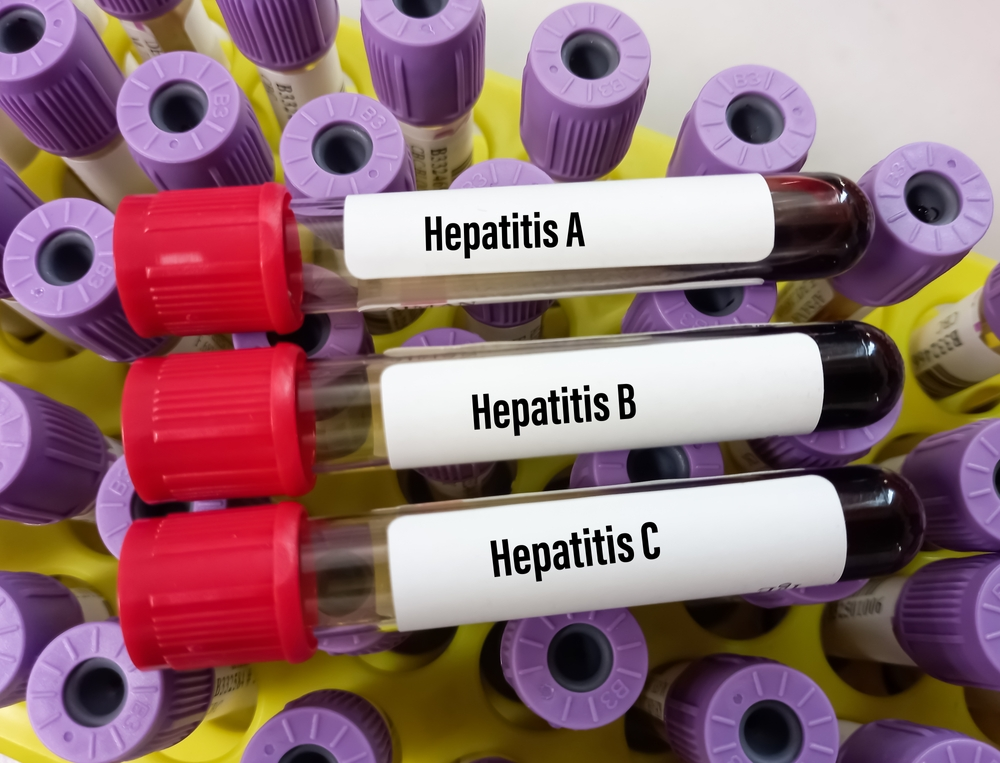
- Type A, B, C, or E virus infection brings viral hepatitis. It is the enlargement and inflammation of the liver. It can be fatal if untreated.
- Type A is spreads through contaminated food and water with an infected person’s feces. It seldom results in death and often just results in a brief illness.
- Contact with the blood of an infected individual can result in the transmission of type B and C. Both can result in chronic infections. As a result, it will damage the liver and may even be deadly.
- Type E often only results in a mild, transient disease. The exception are pregnant women, who are more prone to have serious liver damage.
Symptoms of Hepatitis:
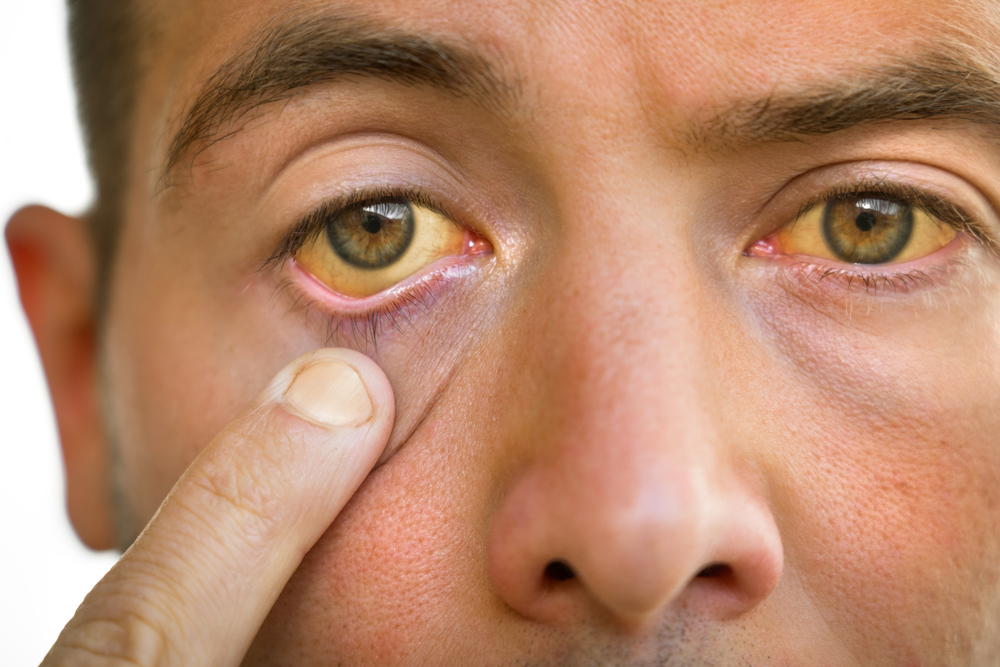
Types B and C, are chronic and contagious forms of the disease. They do not cause any symptoms. However, the symptoms are seen when liver function is compromised.
The following symptoms and indicators of acute illness can emerge quickly:
- Fatigue
- Dark urine
- Flu-like symptoms
- Pale stool
- Abdominal pain
- Unexplained weight loss
- Loss of appetite
Prevention of hepatitis
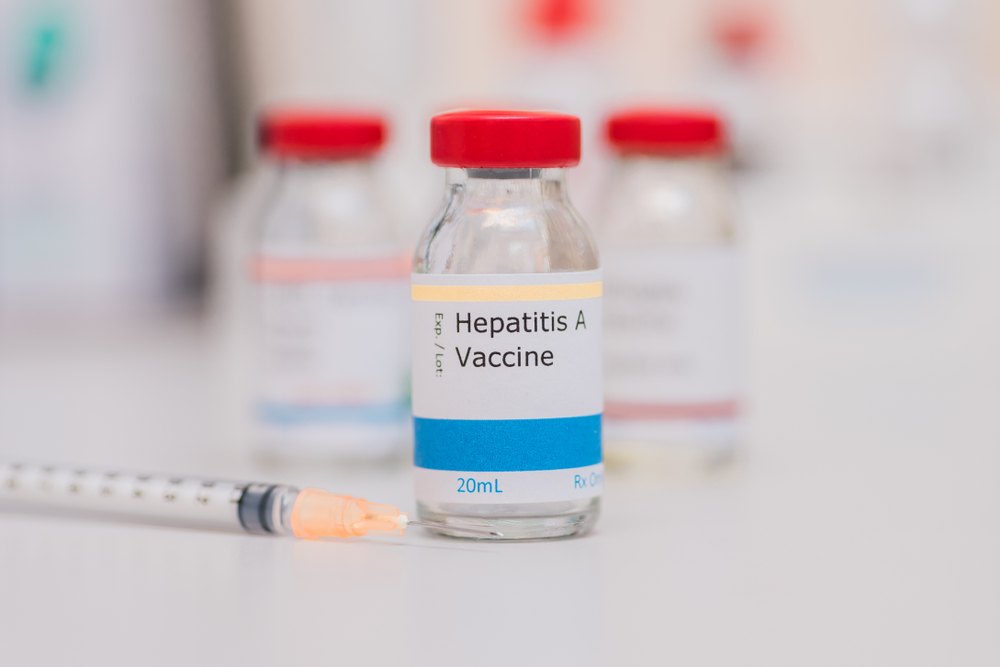
- Eat and drink only pure food and water as that will keep you safe. Especially when eating from other locations because food preparation lacks proper sanitation.
- Intermittent drug usage and unprotected sex are both strongly condemned.
- If Type B and C illnesses identified early, they are treatable by community-based routine testing.
- All expectant mothers need testing for types B and C.
- Type B vaccines are readily available. Health care professionals and family members of Type B patients should be provided immunization as they are at a high risk of contracting infections.

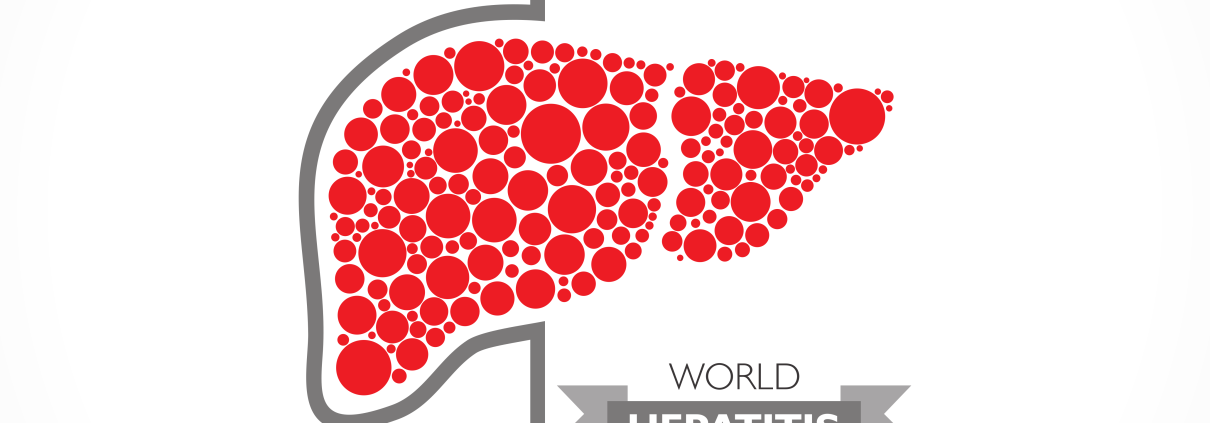





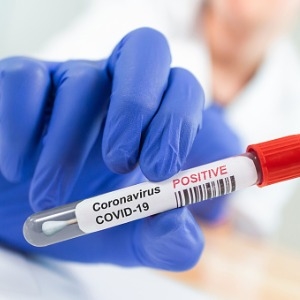








It is very good information about some myths regarding the curing of both HIV and hepatitis C infection. It was somewhat useful for many including me. It is a must-read blog to explore the new info about HIV and hepatitis C infection curable medicines . Keep it posting these kinds of informative blogs in the future!